Washington, 18 Shawal 1437/23 July 2016 (MINA) – This is how a group of four Muslim American teenagers, who hope to change the culture of discrimination toward Muslims through the art of slam poetry, start their poem, “Wake Up America.”
This year there have been at least 200 acts of Islamophobia in the United States. And if Republican presidential candidate Donald Trump had his way, Muslims wouldn’t even be allowed to enter the country.
“I think people like Donald Trump want Muslims banned out of fear. They are scared of the unknown and they are scared of change,” Kiran Waqar, a 16-year-old poet from Vermont, told The Huffington Post.
Waqar is a member of the poetry quartet, Muslim Girls Making Change, which recently participated in the international youth poetry festival Brave New Voices. She, along with members Balkisa Abdikadir, Hawa Adam and Lena Ginawi, formed MGMC after getting involved with the Young Writers Project, a Vermont-based nonprofit that helps young artists develop their crafts and find avenues for creative expression.
Also Read: Mamdani Leads Race as New Yorkers Choose Next Mayor
“Hawa, Lena, Balkisa and Kiran are radiant, powerful young women. They each bring such unique characteristics to the table,” YWP outreach coordinator Sarah Gliech told HuffPost.
For the four young women, poetry is a vehicle for discussing the issues and events in their lives ― many of which center around their Muslim American identity.
In their co-written poem, “Chameleon,” Waqar and Adam discuss the difficulty of navigating their racial, religious, ethnic and national identities, which sometimes feel at odds.
“We will never be white, only pretend to be. We hide behind fake mirrors and lies, unsure of who we really are,” the poem reads. “Am I African American or the other way around?” Adam says.
Also Read: UN Member States Renew Calls for Reform as Organization Marks 80th Anniversary
“Pakistani first? American?” Waqar says in the poem.
“In middle school, especially, I wanted to be an average girl so bad. I didn’t want anyone asking me questions or even acknowledging the fact that I am different from them,” Waqar told HuffPost. “This wanting to be ‘normal’ stayed strong until the beginning of 10th grade when I put on the hijab. Now I am a little more comfortable with the stares, the questions and the disapproval prompting me to start to learn more about my culture.”
The girls say they hope their poetry will educate people about the experiences of Muslims Americans and dispel any misplaced fears non-Muslims have about the faith.
“Whenever you hear the word terrorism I don’t want the first thing you think about is Islam, because Islam, to me, is a religion of peace,” Ginawi told the Associated Press. “Anything that these terrorists do has nothing to do with Islam.”((T/R04/R03)
Mi’raj Islamic News Agency (MINA)
Also Read: Trump Warns Israel Could Lose All US Support Over West Bank Annexation





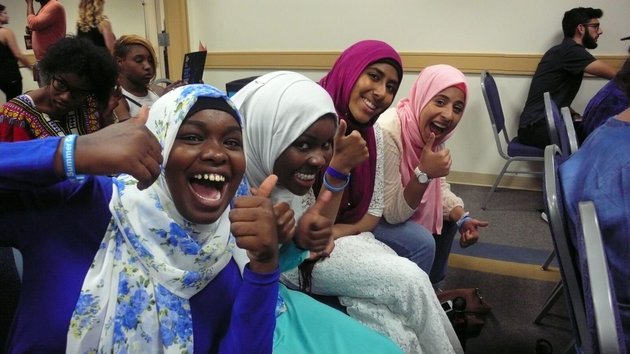








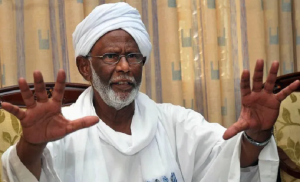
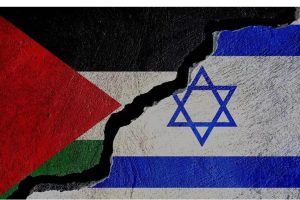

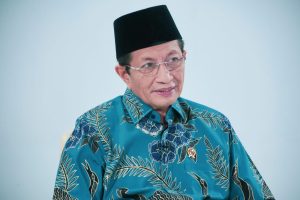

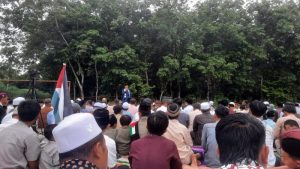







 Mina Indonesia
Mina Indonesia Mina Arabic
Mina Arabic